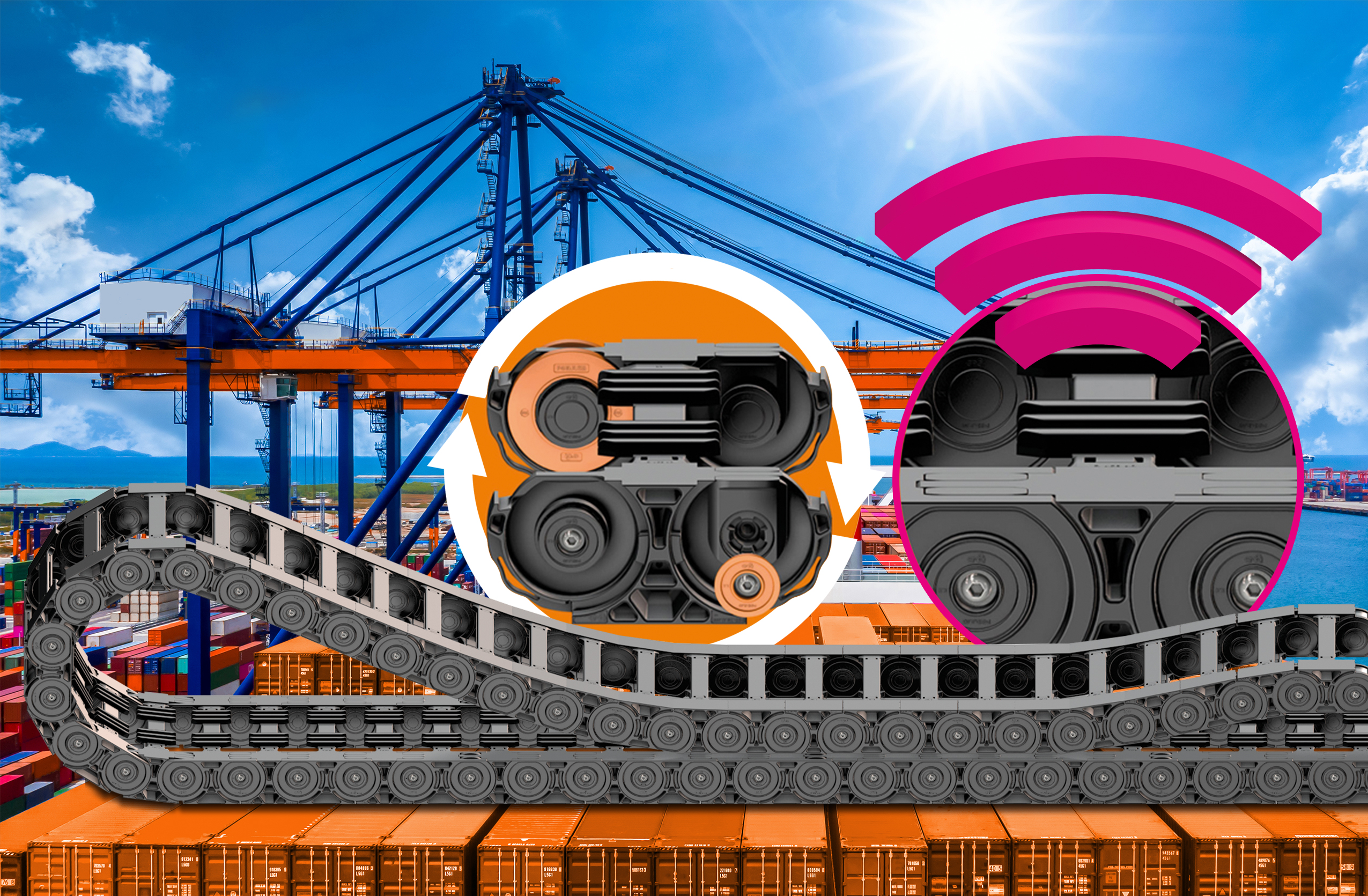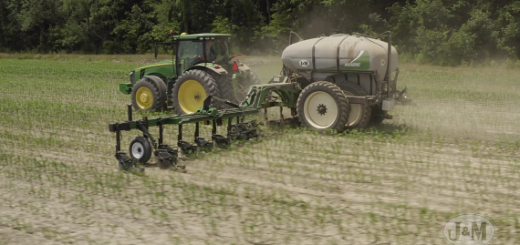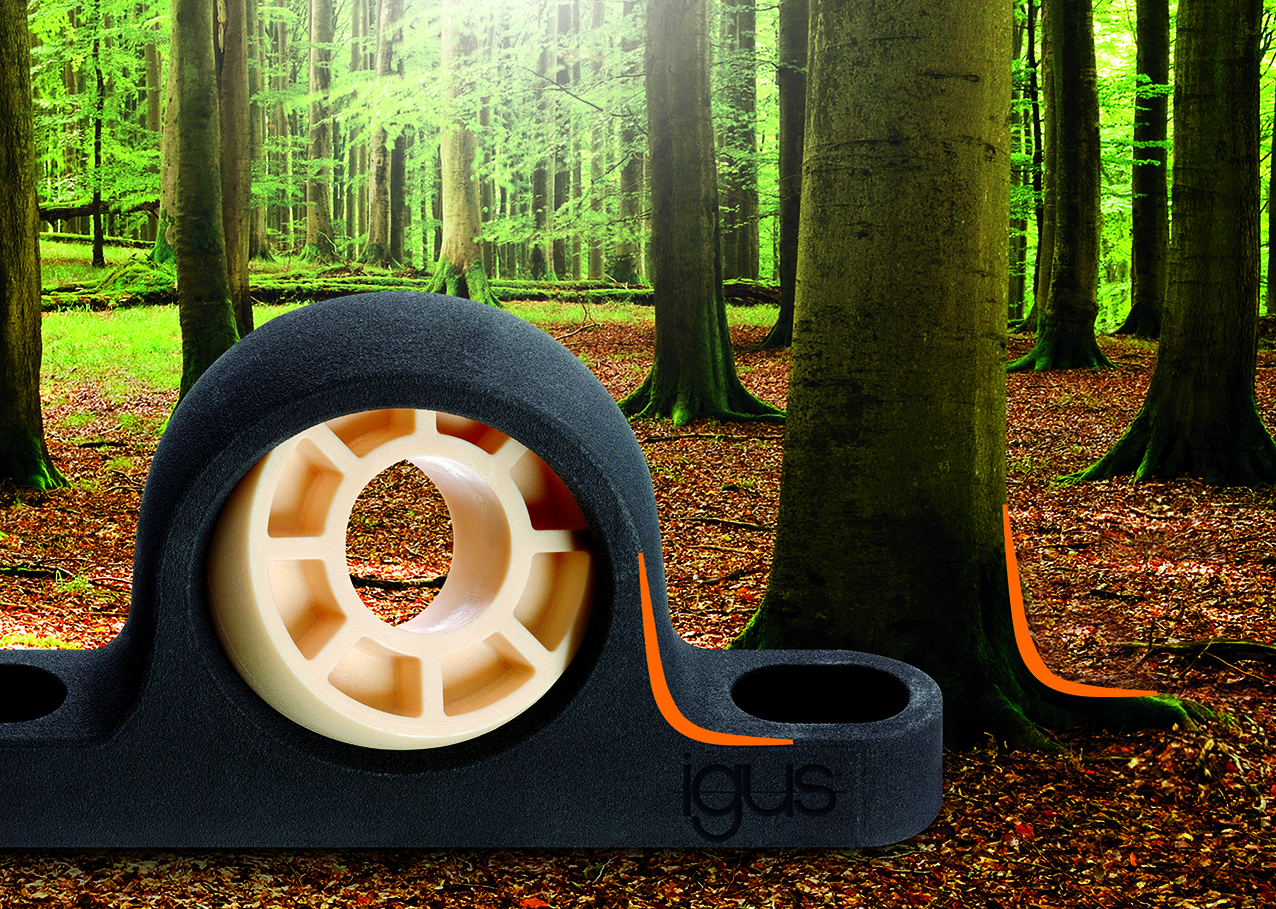igus bearings beat the heat in solar racing cars
Aided by igus motion plastics, Germany students claim 6th at World Solar Challenge in Australia
February 25, 2020 – Motion plastics from igus helped 70 students from Germany develop a solar-powered vehicle that traveled nearly 1,900 miles in the Australian desert at the World Solar Challenge.
Team Sonnenwagen Aachen from RWTH Aachen University developed their solar-powered car with wear-resistant, self-lubricating plain bearings from igus. The solar vehicle covered 1,877 miles in just one week in the blazing Australian desert. Team Sonnenwagen finished sixth in the field of 27. Six teams did not finish the race.
The World Solar Challenge travels from Darwin to Adelaide, and the cars are required to be propelled by solar energy. Temperatures average in the 90s during the event. Teams from all over the world developed various vehicle concepts, demonstrating the diversity of sustainable technologies. The biennial competition started in 1987.
Sonnenwagen relies on the diversity of igus tribo-plastics
The lightweight iglide plain bearing technology of igus can be found in countless places in the solar-powered car. Self-adjusting igubal clevis joints made of iglide J were used in the telescopic mechanism for the solar car cover and in the steering wheel. The same material was also found in the form of plain bearings in the suspension of the rear wheels and in the steering gear.
The wear-resistant and self-lubricating endurance material has a very low coefficient of friction on a variety of shaft materials, especially in dry operation. The product’s vibration-dampening is especially advantageous for steering. In the hinges of the cover lock the team used plain bearings made of iglide G. The tribo-polymer is cost-effective and has a high wear resistance.
Special solution printed quickly
The cover of the solar car posed a special challenge to the team. The driver must be able to open and close the car independently when entering and exiting, which was one of the rules of the Challenge. It is a difficult task, because the cover is 5 meters long, about one meter in width and weighs 25kg (about 55 pounds) with the solar cells.
In the vehicle’s early stages, the opening proved jerky and needed a lot of force. Heavy printed bearings made of standard polymer proved to be the problem. The team gave an urgent order to igus for 3D printed bearings made from high-performance polymer iglide I3. The laser sintering material is characterized by its low coefficient of friction and, like all iglide materials, is resistant to dust and dirt, making it ideally suited for the desert. Thanks to the use of the 3D printed bearing, the vehicle’s driver could exit and enter swiftly.
The young engineers support from igus promotes innovative projects
Projects such as Sonnenwagen from Aachen are supported by igus as part of the “young engineers support” (yes) program. With the university initiative, igus seeks to support students and lecturers with free samples, sponsorships and the development of innovative projects. For more information about the university support, visit www.igus.com/yes



